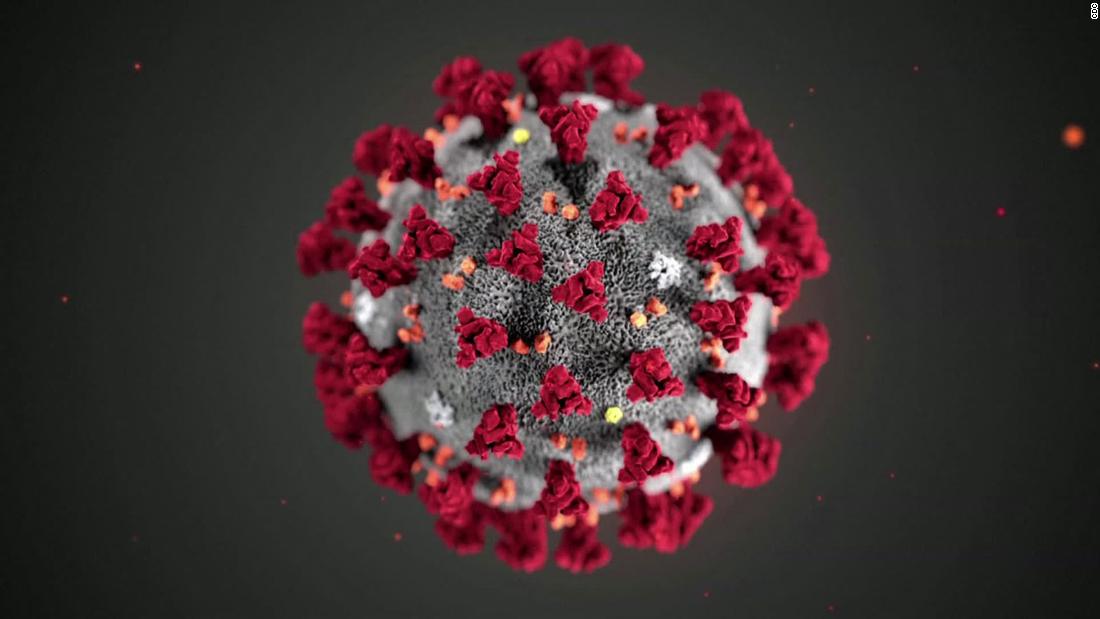How the NFL is holding the Super Bowl during a pandemic
Back in the spring, no one was sure what a National Football League season would look like, let alone whether its championship would go ahead. The virus shuffled schedules and forced players who tested positive to sit out, but not a single game was canceled. Now just one remains: Super Bowl LV.
In the Covid-19 monitoring testing results for January 24-30 provided Tuesday by the NFL and the NFL Players Association, there were no new confirmed positive tests among players and one new confirmed positive among other personnel.
YOU ASKED. WE ANSWERED.
Q: Is there anything I can do to prepare for my Covid-19 vaccination?
A: As more people around the world get access to the coronavirus vaccines, many questions remain. Will it work? Will there be side effects? Do I need to rest after I get the vaccine? Can I hang out with my friends and family now?
WHAT’S IMPORTANT TODAY
A new single-dose vaccine could speed up vaccination efforts
The FDA has scheduled a meeting of its independent advisory panel, which will vote on whether the vaccine should be authorized, on February 26, giving the group three weeks to review relevant data.
Last week, Johnson & Johnson released encouraging results from its late-stage clinical trial. The vaccine was shown to be 85% effective overall at preventing hospitalization and death in all three regions where it was tested — the United States, Latin America and South Africa. But the results came with a significant caveat: Its efficacy against moderate and severe disease ranged from 72% in the US to 57% in South Africa, where a highly transmissible variant is driving infections.
If authorized, Johnson & Johnson would provide a third vaccine to the US market. The one-dose delivery, which doesn’t require special handling, would also add flexibility and speed to vaccination efforts.
Vaccine nationalism is leaving a whole continent empty-handed
African nations are being left behind in the race for Covid-19 vaccines as richer countries stockpile doses, prioritizing their own populations and creating an unequal playing field. As of February 3, vaccine rollouts were underway in at least 68 countries and territories globally — only four were in Africa.
In a scramble to secure doses, South Africa, the worst-affected country on the continent, was forced to purchase the Oxford-AstraZeneca vaccine from the Serum Institute of India at nearly double the price paid by other wealthier countries — $5.25 per dose, according to Reuters. The disparity in access and price has caused widespread anger amongst Africa’s leaders, including South Africa’s president and chair of the African Union, Cyril Ramaphosa, who has slammed Western nations for promoting “vaccine nationalism” that is marginalizing countries “most in need.”
These frontline healthcare workers desperately want vaccines. They can’t get them
Dr. Alfonso Velandia starts each hospital shift by counting his troops in the battle against the coronavirus. The 46-year-old emergency specialist manages intensive care units at the Cardiovascular Hospital in Soacha, a working-class suburb of Colombia’s capital Bogotá. Since the pandemic began, he says he has seen the number of healthcare workers under his watch dwindle, even as the hospital expands its ICU to confront a relentless second wave of cases.
Velandia looks with frustration at statistics on vaccine distribution in Europe and North America, where hundreds of thousands of frontline healthcare workers have already been vaccinated against the deadly virus. “I recently had a meeting, and my team was like ‘We can’t hold anymore’… we need the vaccine now!” he told CNN.
ON OUR RADAR
- An influential model is forecasting more than 630,000 Covid-19 deaths in the US by June 1.
- President Joe Biden is hoping to resurrect a proposal from the Trump administration to mail face masks to every American.
- Travelers to the United Kingdom from a so-called “red list” of countries will be required to quarantine for 10 days at a hotel from February 15.
- Australia will increase incoming passenger caps, allowing more than 6,300 residents to return to the country per week.
- A 30,000-member Facebook group is helping Hong Kong navigate a strict 21-day hotel quarantine.
TOP TIP
The US Centers for Disease Control and Prevention has released some tips on how to safely navigate Super Bowl Sunday celebrations. Their top piece of advice — not surprisingly — is to watch the game at home with the people you live with. If you insist on having a small watch party, the CDC says you should host it outdoors and make sure everyone has a mask. The guidance recommends limiting alcohol consumption because alcohol may make you less likely to follow Covid-19 safety measures.
TODAY’S PODCAST
“I think the biggest thing we learned — which is not shocking to those of us in the medical profession — universal masking works. It’s the most effective strategy that we have.” — NFL Chief Medical Officer Dr. Allen Sills
![]()


